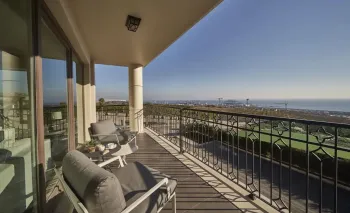- Home
- Buy Real Estate
- Turkish Citizenship
- Kalkan Harbour for a part of history
- Kaputas beach info
- The beautiful Patara Beach Turkey
- The ancient area of Xanthos Turkey guide
- About Kalamar beach club
- Mahal beach club info
- Fascinating historical day at Kekova, Turkey
- About the Palm Beach Club, Kalkan
- Letoon UNESCO world heritage site
- Take a trip to Snake and Mouse Islands
- Kalkan for holiday home and investment
- The sandy Konyaalti Beach
- Hadrian’s Gate and Antalya’s Old Town
- Pamukkale in Turkey guide | The Cotton Castle
- Duden Falls: a natural beauty spot
- Antalya museum, places to visit in Antalya, Turkey
- Skiing in Antalya
- Rafting in Antalya
- Golf in Belek, Antalya guide
- Konyaalti Beach guide | Konyaalti information
- Antalya Old Town | Kaleici Antalya info
- The vibrant Lara beach district
- About Hisaronu
- About Uzumlu
- About Calis, Turkey
- About Ovacik, Fethiye
- Oludeniz Beach
- About Gemiler Island (St Nicholas Island)
- Sovalye Island the first of the twelve in the Gulf of Fethiye
- Butterfly Valley: one of Turkey’s most unspoiled spots
- Tickling trout at Yaka Park, Fethiye
- Fethiye rock tombs offer a glimpse into ancient Lycia
- The cool and mysterious waters of Saklikent Canyon
- The captivating ancient city of Tlos
- Calis Beach is the ultimate family shore
- About the Mausoleum at Halicarnassus
- Bodrum Castle information | Saint Peter's Castle
- Bodrum Amphitheatre – A 13,000-seater Theatre
- Camel Beach - Kargi Bay
- About Rabbit Island in Turkey
- Unwind and relax at Bitez Beach
- Learn about Bodrum at Myndos Gate
- Kara Ada, the ideal space for yachting
- Uncover one of the regions best kept secrets at Pedasa
- Take a water taxi to Bardakci Cove
- About Yalikavak
- Hidden treasures of Gumusluk
- Living la Vida Loca in Turkbuku
- Bodrum or Halicarnassus in the old days
- A historic day at Hagia Sophia
- About Maiden's Tower Istanbul
- Suleymaniye Mosque of Istanbul guide
- About the Galata Bridge in Istanbul, Turkey
- Guide to Dolmabahce Palace in Istanbul
- Topkapi Palace information and travel guide
- Shopping at the Grand Bazaar
- Byzantine Basilica Cistern information
- Galata Tower Istanbul guide
- About Sultan Ahmed mosque | The "Blue Mosque"
- Istanbul Museum of Modern Art guide
- About Bahcesehir, Istanbul
- Istanbul Real Estate Market Analysis PDF
- Districts of Istanbul
- Why invest in Beyoglu Istanbul real estate
- Contact us
- Property Turkey TV
About Turkey
Mediterranean region
Aegean region
Marmara region
- Home
- Buy Real Estate
- Turkish Citizenship
- About Turkey
- Buyer Guide
- About us
- Contact us
- Property Turkey TV































 X
X